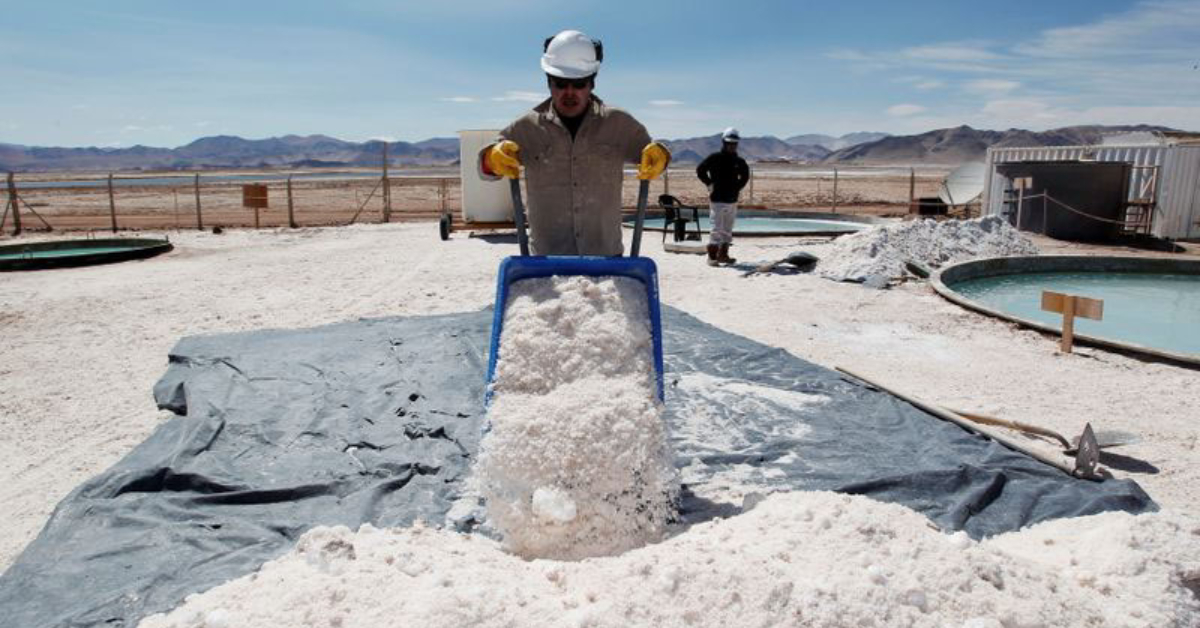Puerto Vallarta (PVDN) - Mexico's state-run lithium company, LitioMx, is exploring a geothermal extraction method of the white metal in addition to the primary method . . .

Puerto Vallarta (PVDN) - Mexico's state-run lithium company, LitioMx, is exploring a geothermal extraction method of the white metal in addition to the primary method . . .
